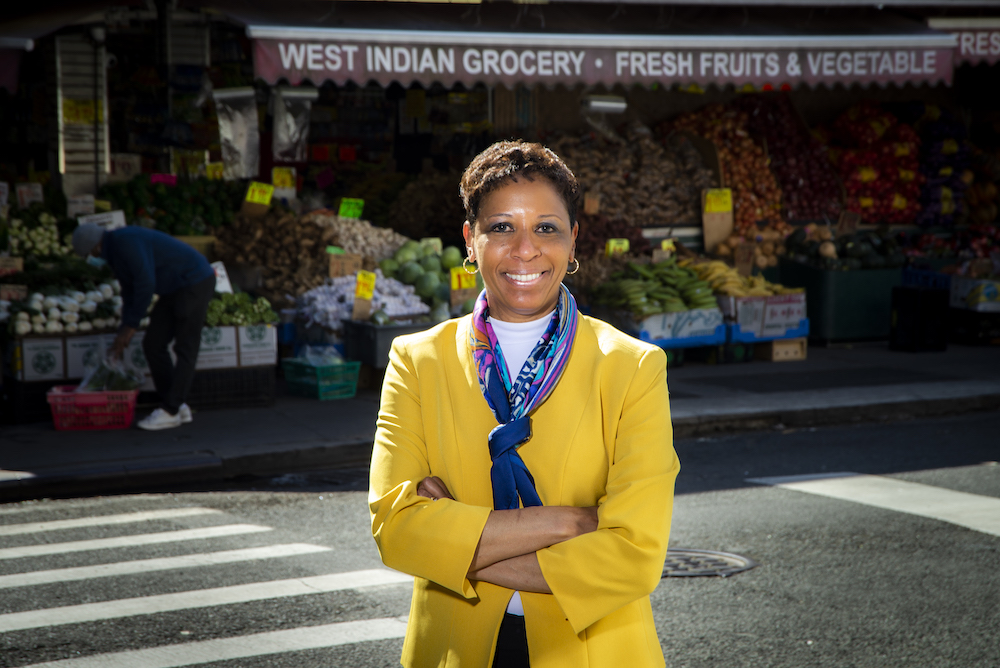Mother’s Day has arrived. For many people, it will be the first time they have seen their mother face-to-face since the beginning of the pandemic. But while celebrating our own mothers, we should also hold in our hearts the contributions of black mothers. And not only the hard work they do raising children, but the worse treatment they endure when utilizing maternal healthcare. This crisis did not reach the popular consciousness until three years ago, when tennis star Serena Williams opened up about doctors disregarding her strong suspicion that she was having complications following giving birth, which turned out to be true.
Not surprisingly, the disparities also apply to black mothers who are not celebrities. The CDC found that black women are 243% more likely than white women to die from pregnancy and childbirth complications. To put that disparity in perspective, they are 22% more likely to die from heart disease; cervical cancer, 71%. This holds true even when controlling for geography, income, or education – as demonstrated by Dr. Chaniece Wallace, a black woman who was a pediatric chief resident at Indiana University School of Medicine, who died due to preventable complications while giving birth.
To make matters worse, much coverage of black maternal mortality, some written by people of color, depict the issue as being the result of black mothers having poor health. Indeed, it is true that pregnant black women are more likely to have conditions, such as hypertension or diabetes, that can complicate pregnancies. Nevertheless, even when controlling for health issues, the racial disparity is still much wider in America compared to other developed nations. Hence, black maternal mortality is not black women’s fault for eating too much junk food, but it is due to lesser or apathetic health care.
While a number of factors contribute to this, racism most definitely plays a part. Consider the fact that the newborn mortality rate discrepancy between white and black children is less than half the size when the attending physician is black. This begs the question of whether a white doctor is less determined to ensure the health of a pregnant woman he or she does not identify with, or is dismissive if the mother expresses concerns.
Other research finds that white doctors have high rates of misperceptions of black people’s health: one study of white medical students found that about half had at least one false belief about black people’s health, such as thinking black people have thicker skin or less sensitive nerves, and were less likely to recommend appropriate treatment for pain management. Another study of doctors found that they were twice as likely to underestimate the pain of black people. If doctors harbor these racist stereotypes, what course of treatment might they choose if a pregnant black woman says she has a severe headache or chest pain?
We cannot allow black mothers and their children to continue enduring such needless, often fatal suffering. The crisis is so pronounced that it helps explain why the maternal mortality rate in America increased from 1999 to 2018, with an estimated 63% of pregnancy deaths being preventable. This disturbing trend runs contrary to our fundamental values and any supposed progress in medical science.
There is no simple answer, but we must act. Firstly, medical schools must incorporate anti-bias training into education, because a newly-minted OB-GYN who thinks black people feel less pain is almost as ridiculous as one who believes the stork delivers babies. Anti-bias training must be pervasive in medicine, as racism in the field is hardly relegated to pain management. (For example, dermatology is usually taught using white skin.) And for the current ranks of healthcare workers, Continuing Medical Education must incorporate anti-bias training. Additionally, the far better outcomes for black mothers using a black doctor speaks to the need for more diversity in the medical profession.
We must also take a proactive approach to reforming delivery of medical services for women giving birth. In California, a concerted public health campaign called the California Maternal Quality Care Collaborative was able to cut the state’s maternal mortality rate by more than half. This was not through any new blockbuster prescription drug or surgery, but by actually focusing on best practices. These include having a “toolkit” of supplies in a cart at hand in the event of a hemorrhage, as exists for cardiac arrests; actually measuring a mother’s blood loss instead of doing it by eye; practicing complication scenarios; and tracking data. Healthcare providers must also learn to listen to black mothers as midwives and doulas, who tend to do a better job of listening, caring and understanding the needs of the expectant mother.
Ending black maternal deaths reminds me of an anecdote about aerospace engineer Wernher von Braun: when asked what it would take to put a man on the moon, he replied, “The will to do it.” We can save black mothers’ lives, not by finding a medical breakthrough, but by having the will to listen to them and give them better care.
Adrienne Adams is the city councilwoman from Queens District 28 representing the neighborhoods of Jamaica, Richmond Hill, Rochdale Village, South Ozone Park.










